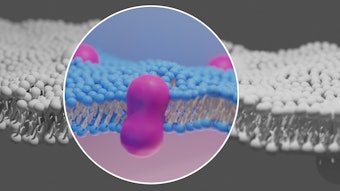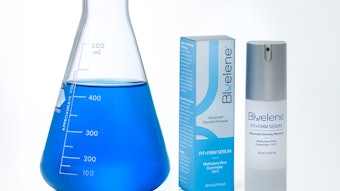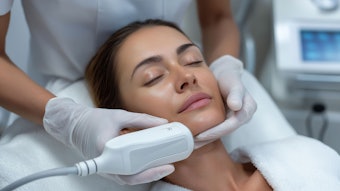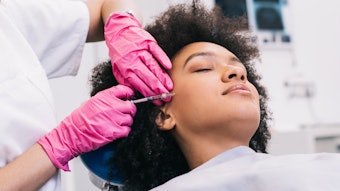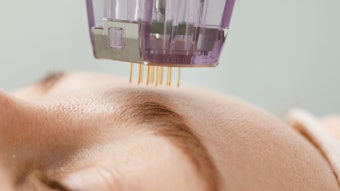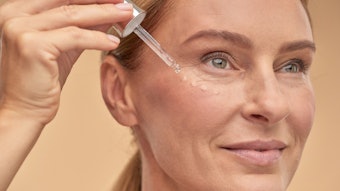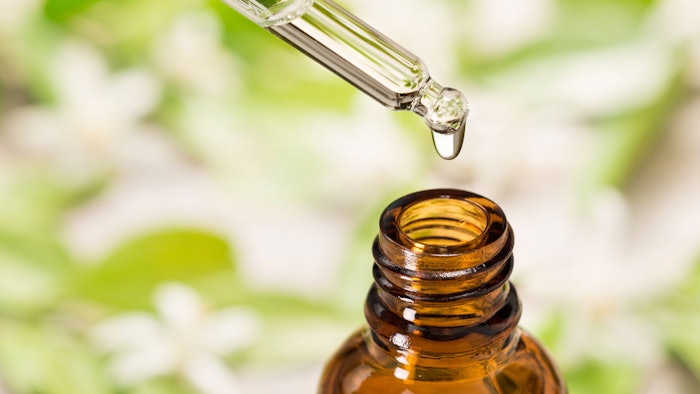
Copper peptides have taken over beauty Tik Tok, with the hashtag receiving more than 43 million views on the app, as of March 2023. Copper peptides in skin care have been used for decades, aptly nicknamed “nature’s Botox” due to their natural anti-aging abilities—reducing wrinkles, improving skin tone and promoting hydration.
Copper peptides are naturally occurring compounds in the body that promote the synthesis of collagen and elastin. Our copper peptide levels naturally decrease with age.
The compounds have demonstrated the ability to improve tissue repair for skin, lung connective tissue, boney tissue, liver and stomach lining. The compound is considered safe, inexpensive and extensively studied with a wealth of positive and health-promoting effects in many tissues and systems.
Copper peptides used in skin care products are developed in a lab to mirror the body’s natural peptides. It has been widely used in anti-aging and cosmetic without any adverse effects, and it can be easily incorporated in creams, liposomes, dermal patches or delivered through microneedles.
When used topically, copper peptides can have a variety of anti-aging benefits due to their anti-inflammatory, regenerative and antioxidant properties. The ingredient can stimulate collagen, clear up acne scars and limit muscle contraction to slow the formation of wrinkles.
Copper peptides have antioxidant properties, but it’s not a replacement for vitamin C, even if they can brighten the skin and protect it against free radical damage. In fact, some care should be taken if used with vitamin C, as it may be deactivated by the copper peptides.
It is also recommended to avoid using copper peptides with alpha hydroxy acids or retinol since copper peptides might compromise the other ingredients’ effectiveness. A serum with copper peptides can be used in place of a hyaluronic acid serum due to its ability to support the moisturizing process. These ingredients can all still be part of a routine, but they should be used on alternate days.
Copper peptides are hydrophilic, so they do not mesh well with water and can be hard for the skin to absorb. In these cases, it can also be helpful to get a copper peptide treatment after a skin procedure like microneedling, which has been found to improve your skin’s ability to absorb copper peptides.
Despite being generally safe for use among all skin types, some people with sensitive skin may still experience irritation from copper peptides. In the worst cases, some people can also have a copper allergy, with reactions including redness, itchiness, burning or hives.
